
Journal of Vocational Education and Training:
16th International Conference
Thursday 24 - Saturday 26 July 2025, Oxford, UK
The JVET Conference Committee hosted its highly successful biennial international conference in July 2025. The upcoming conference explored Vocational Education and Training through the lens of the themes of journeys and destinations and welcomed contributions that explore developments in VET as it strives to meet the challenges of economic austerity, climate change, political instability and increasingly rapid technological change. Submissions have been encouraged to explore the journeys of VET systems addressing these challenges as they traverse the occupational boundaries between formal and informal, accredited and unaccredited vocational learning, between regulated and unregulated training, and between ‘vocational’ and ‘professional’ education. The conference also explored the role of VET in reinforcing or combatting social closure through inclusive practice, and spatial closure through facilitating mobility.
The meeting provided a critical forum for international debates on all aspects and levels of VET and developments in work and learning, reflecting our journal’s concerns over the 76 years of its publication. The two keynote speaker sessions, were recorded and will be available here soon.
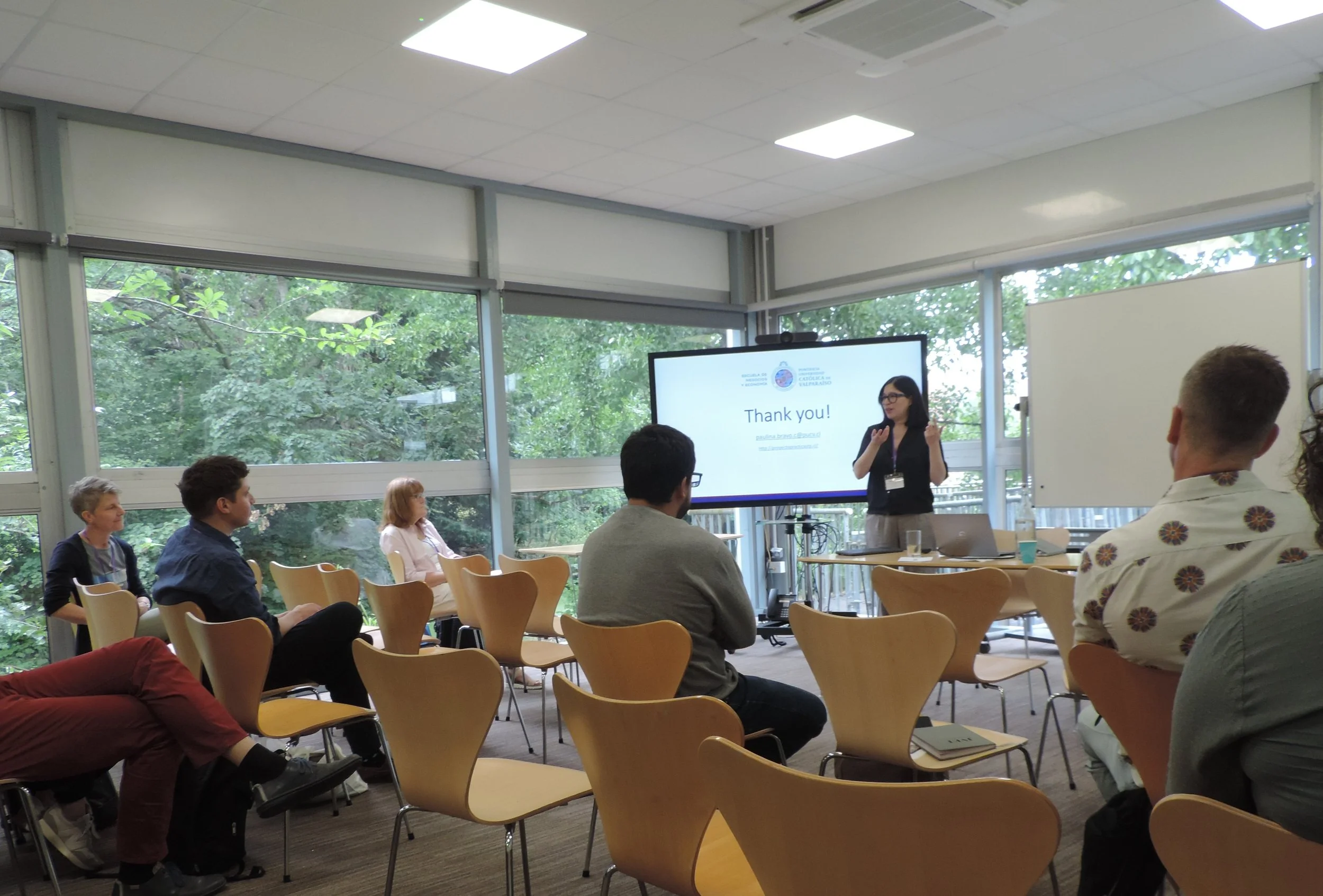
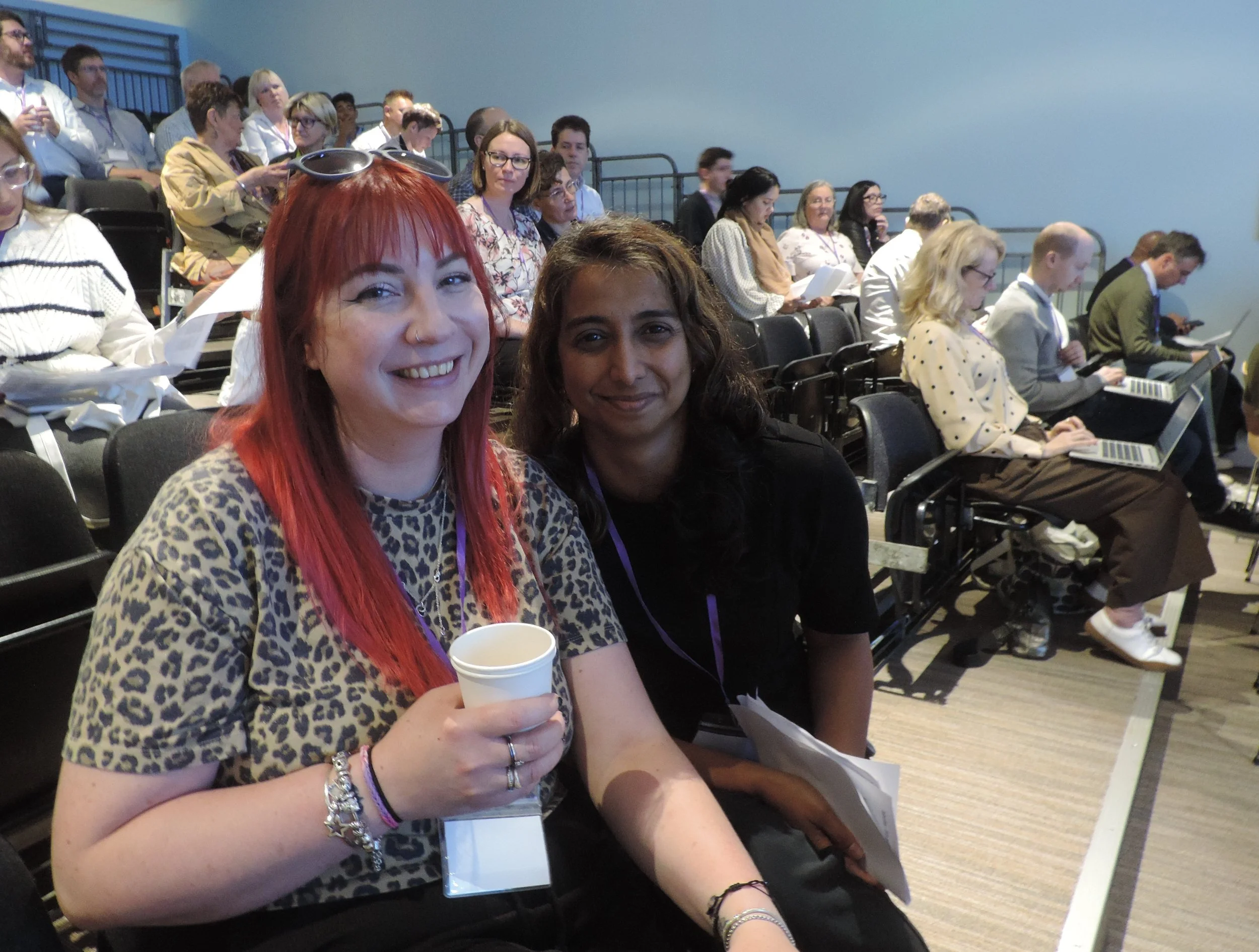
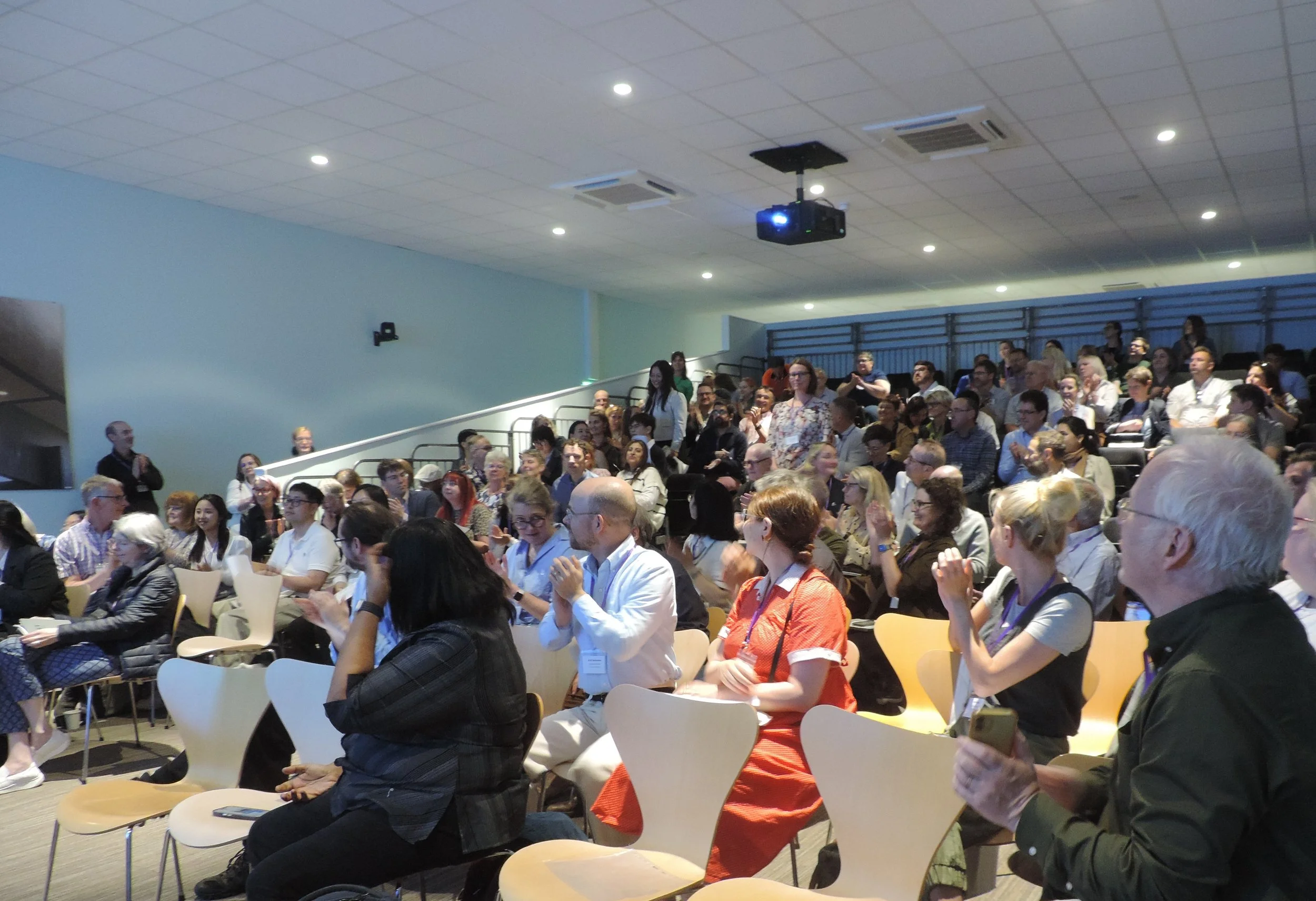
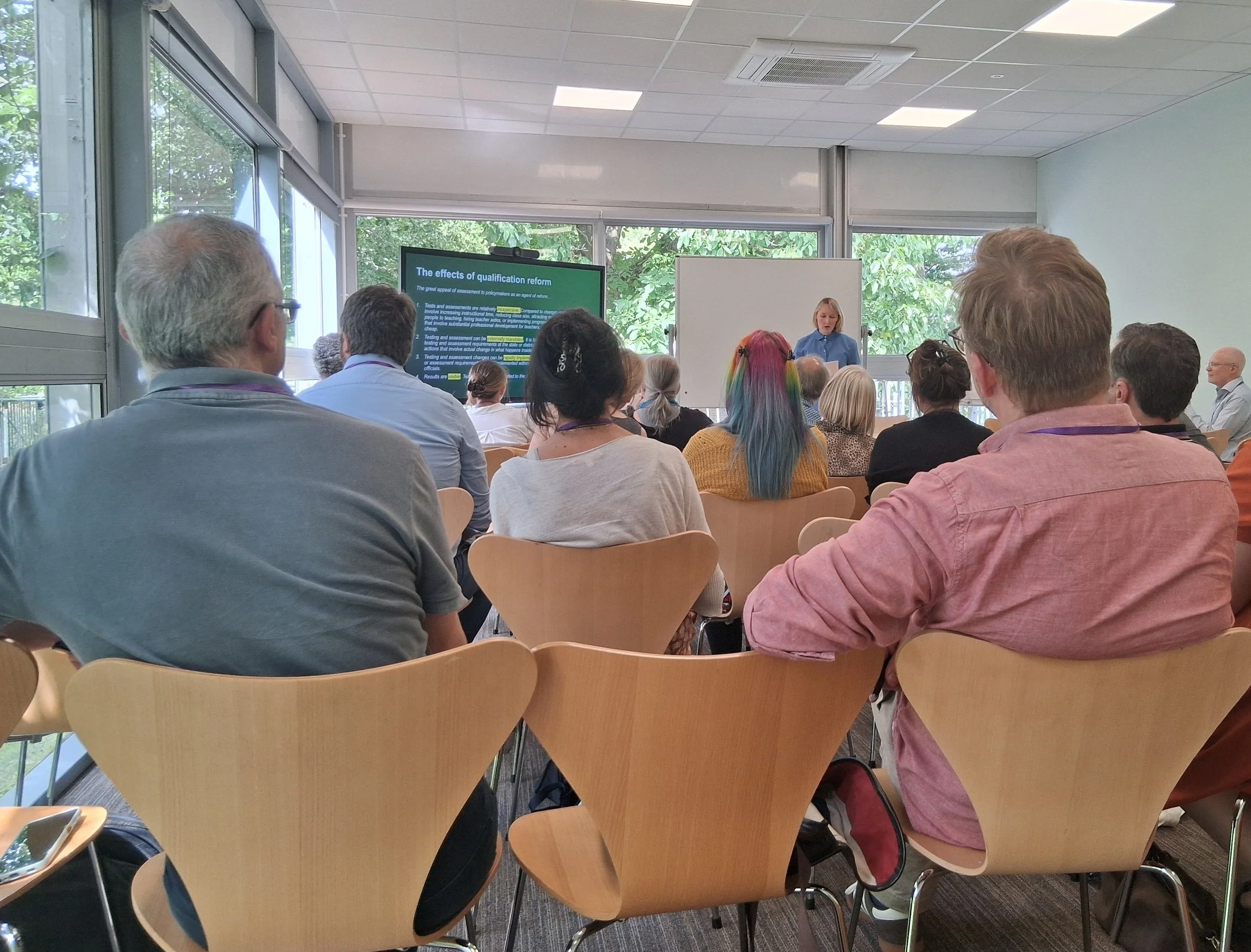
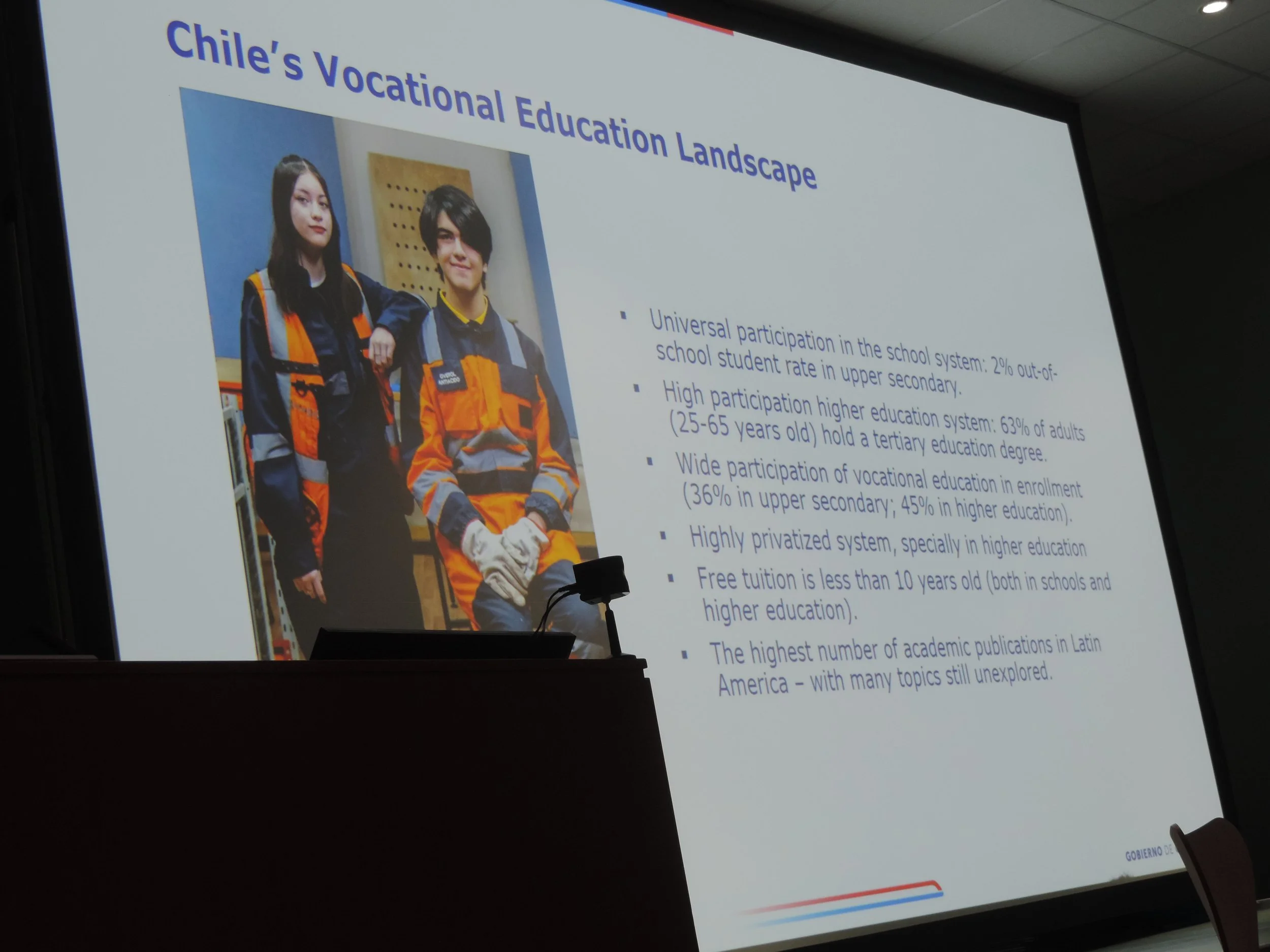
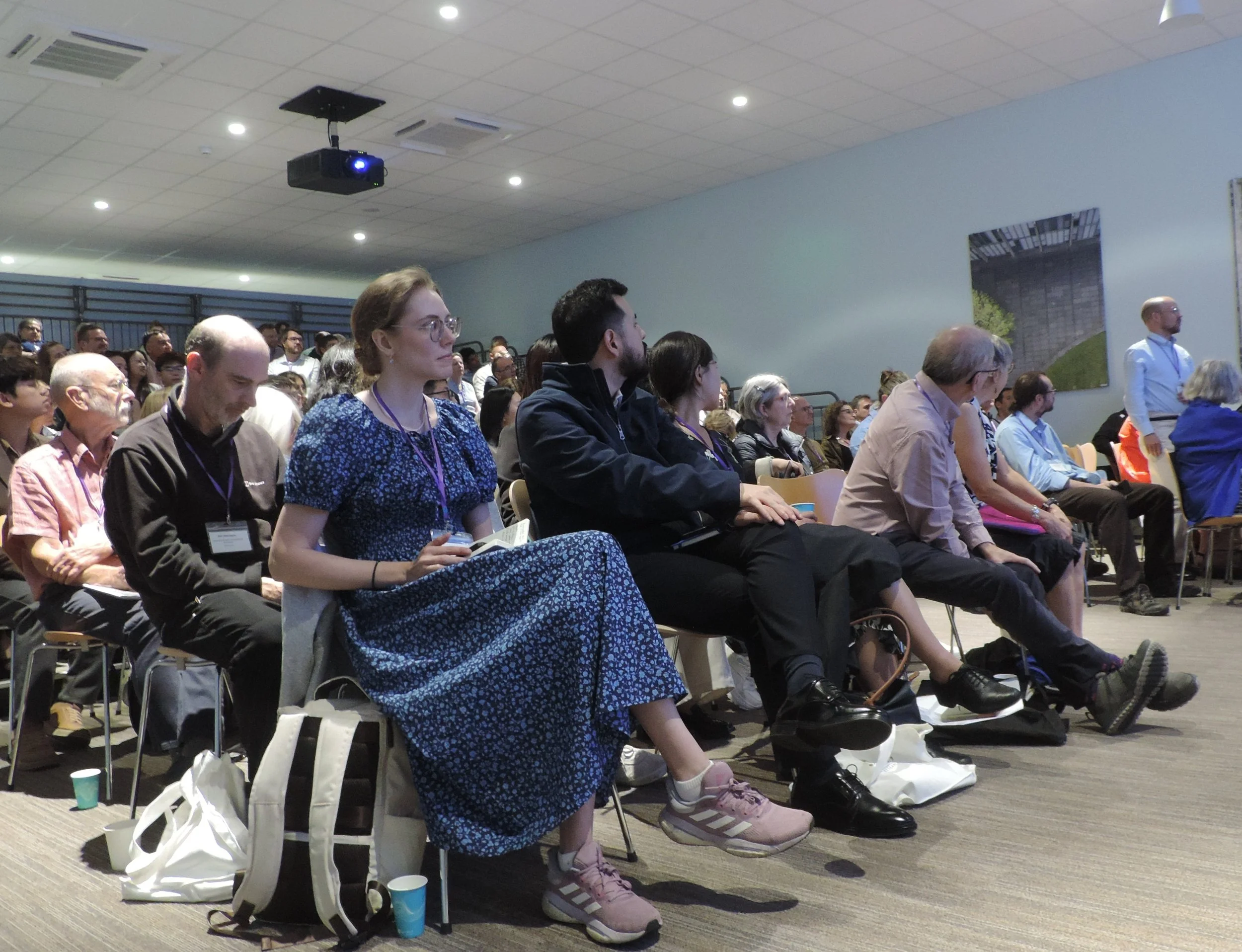

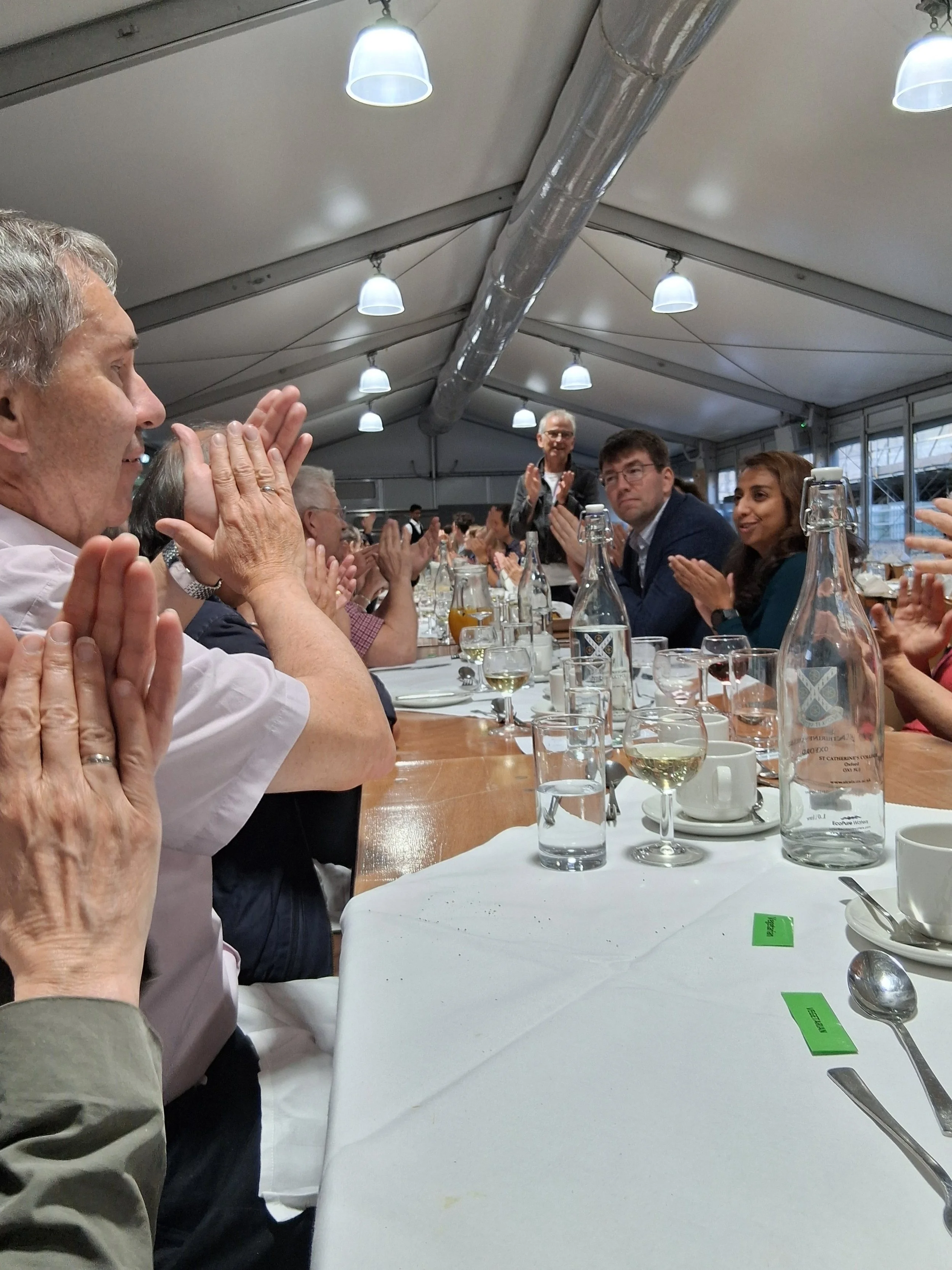
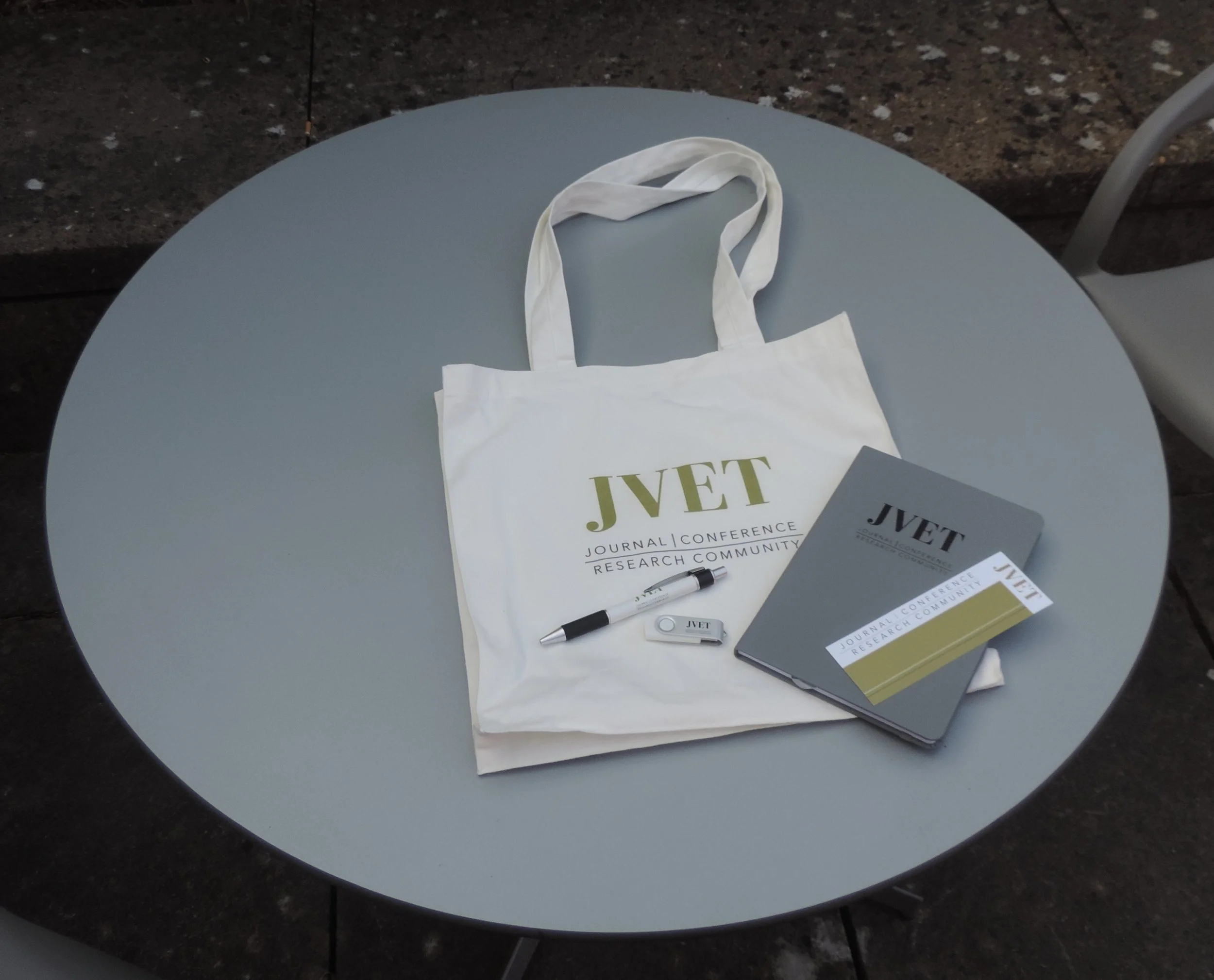
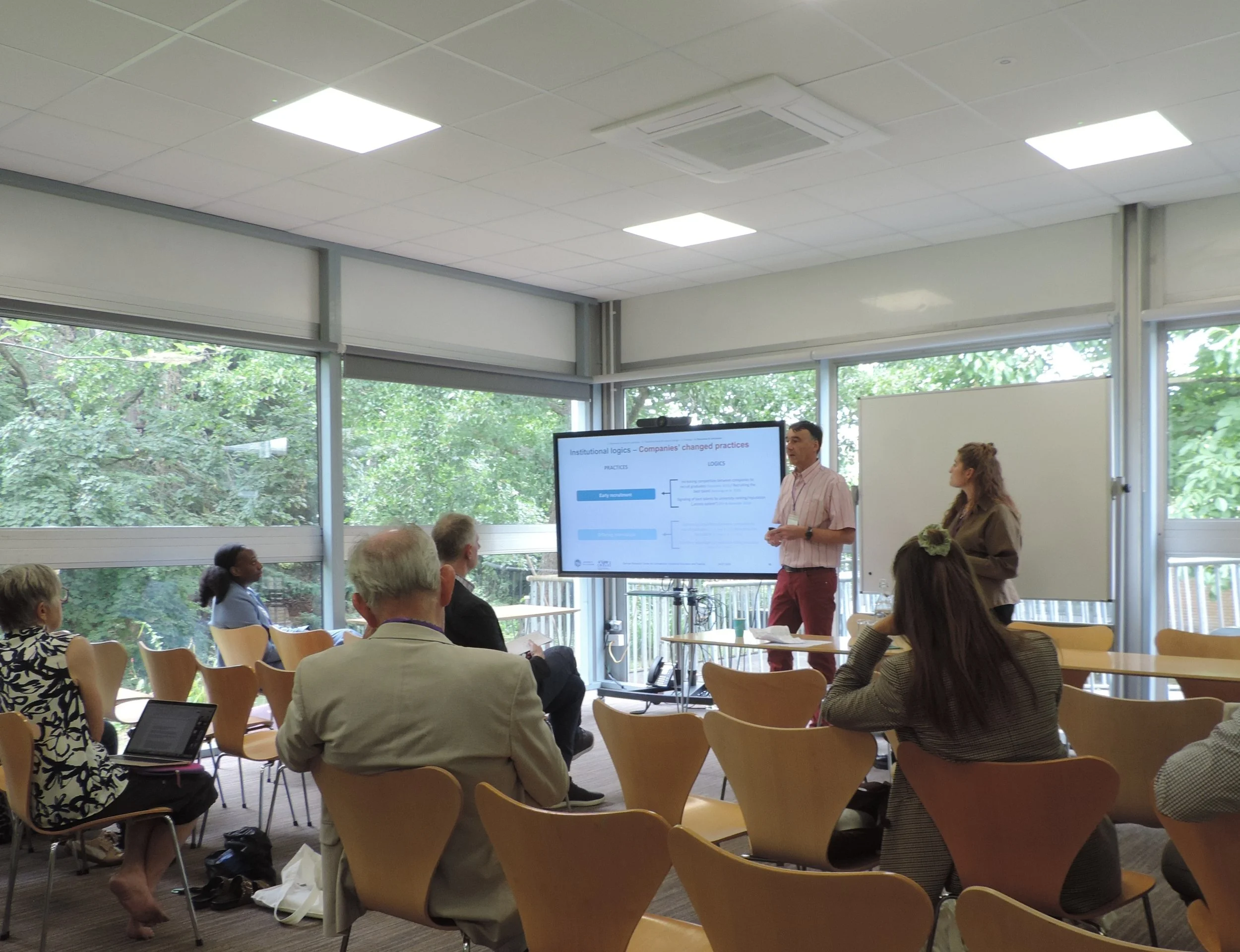
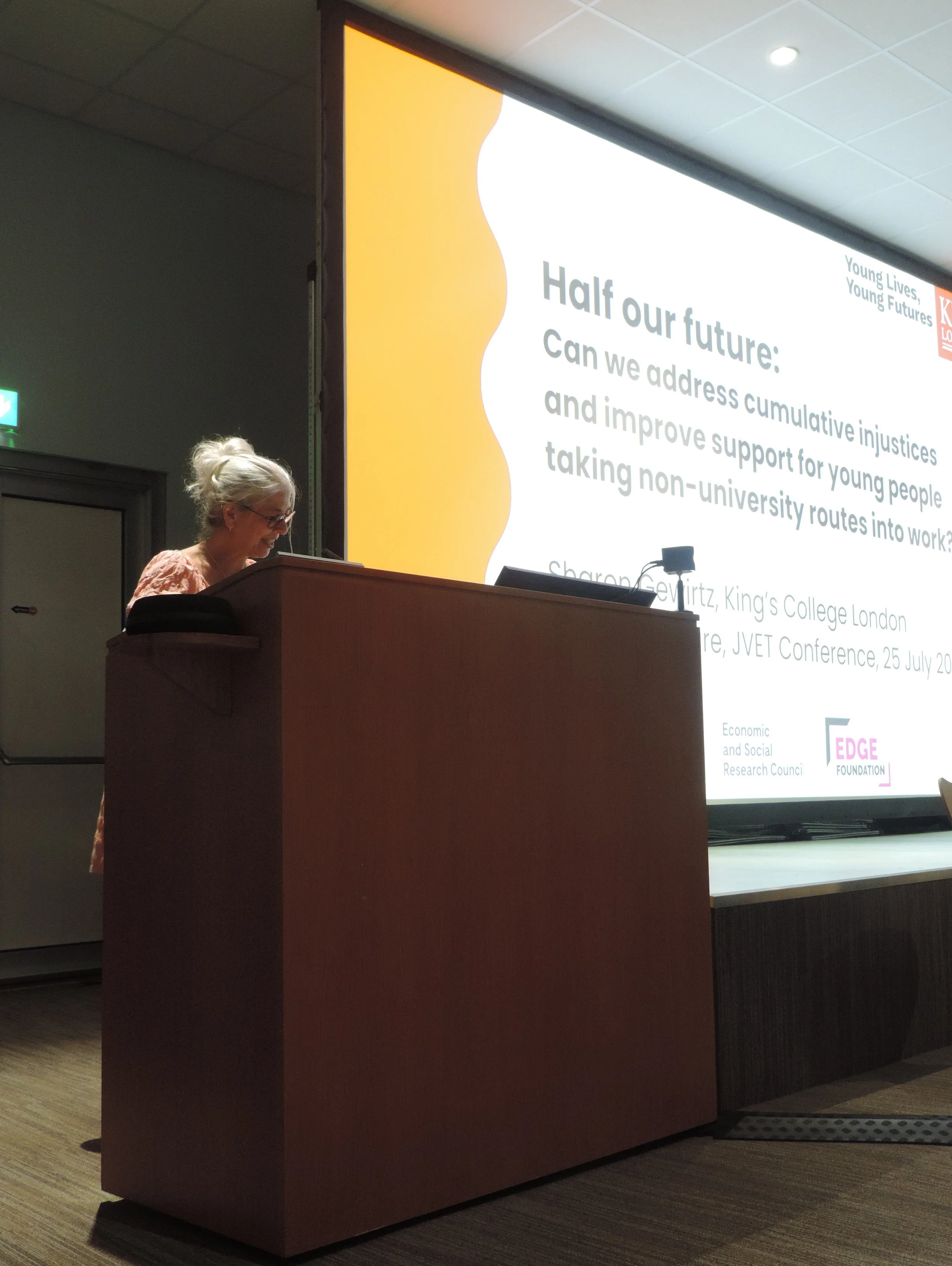

JVET Conference 2025 Keynote speakers…
JVET welcomed two keynote speakers for JVET Conference 2025, Sharon Gewirtz and Cristian M. Lincovil Belmar Watch this space for recordings of their keynote presentations…
-
Sharon Gewirtz is a sociologist and Professor of Education in the School of Education, Communication & Society at King’s College London where she also co-directs the Centre for Public Policy Research. Her research, which has a particular focus on issues of equality and social justice, brings together structural analyses of regulatory systems and policies with micro-level explorations of how these systems and policies are lived and experienced. Sharon is currently working on a collaborative ESRC-funded longitudinal project that is investigating how England's vocational education and training system can better support the school-to-work transitions of the 50% of young people who do not go to university.
Her previous research has included a series of studies exploring the value climates, material conditions and social relations of teaching and academic work, and the possibilities for, and barriers to, the enactment of professionalism posed by these transformations.
-
Cristian M. Lincovil Belmar is the Executive Secretary for Secondary Vocational Education at the Ministry of Education of Chile. He is an Industrial Engineer from the Pontificia Universidad Católica de Chile and holds a Master of Education in Social Justice Education from OISE, University of Toronto.
He currently leads the definition and deployment of educational policies aimed at vocational education, with focus in vocational high schools. He is also responsible for the executive secretariat of the Technical and Vocational Education and Training (TVET) Advisory Council, a policy body led by the Ministry of Education that gathers different public and private stakeholders to define, monitor and update the National TVET Strategy. He previously was responsible of the technical coordination of the National TVET Policy (2016) and the first version of the National TVET Strategy (2018); and was part of the development team for the Technical and Vocational Qualifications Framework. He also collaborated with the inclusion of TVET in the laws for Higher Education and Public Education. Prior to his experience in the public sector, he worked directly with schools, school districts and NGOs, developing and implementing improvement plans through participatory processes.
As a consultant, researcher and policy maker, he has advocated for a human centered approach to sustainable development and vocational education and training. A proponent of educational policies that go beyond human capital and aim for human flourishing, Cristian has maintained a close relationship with academic affairs and has published on TVET policy in Chile and abroad.


